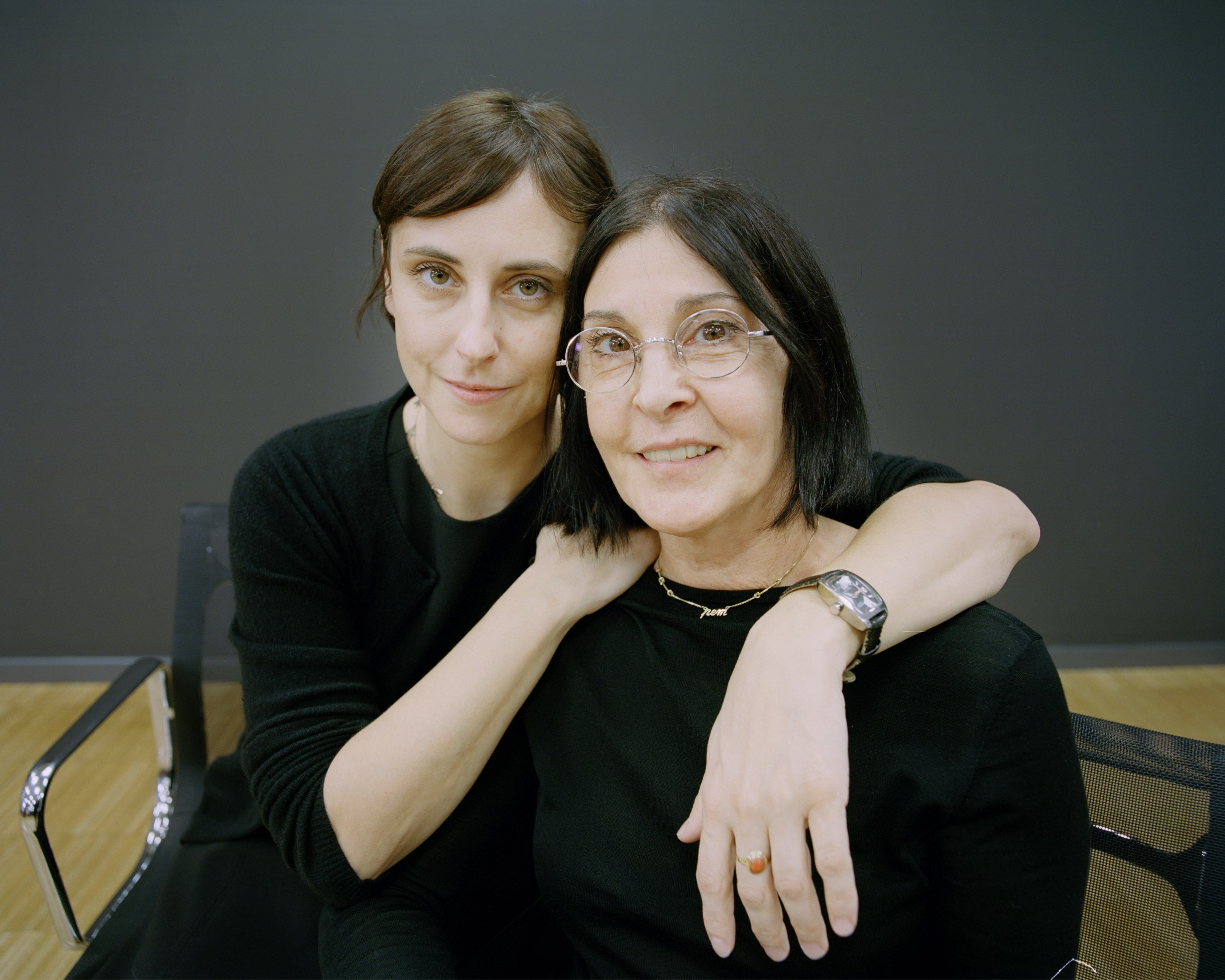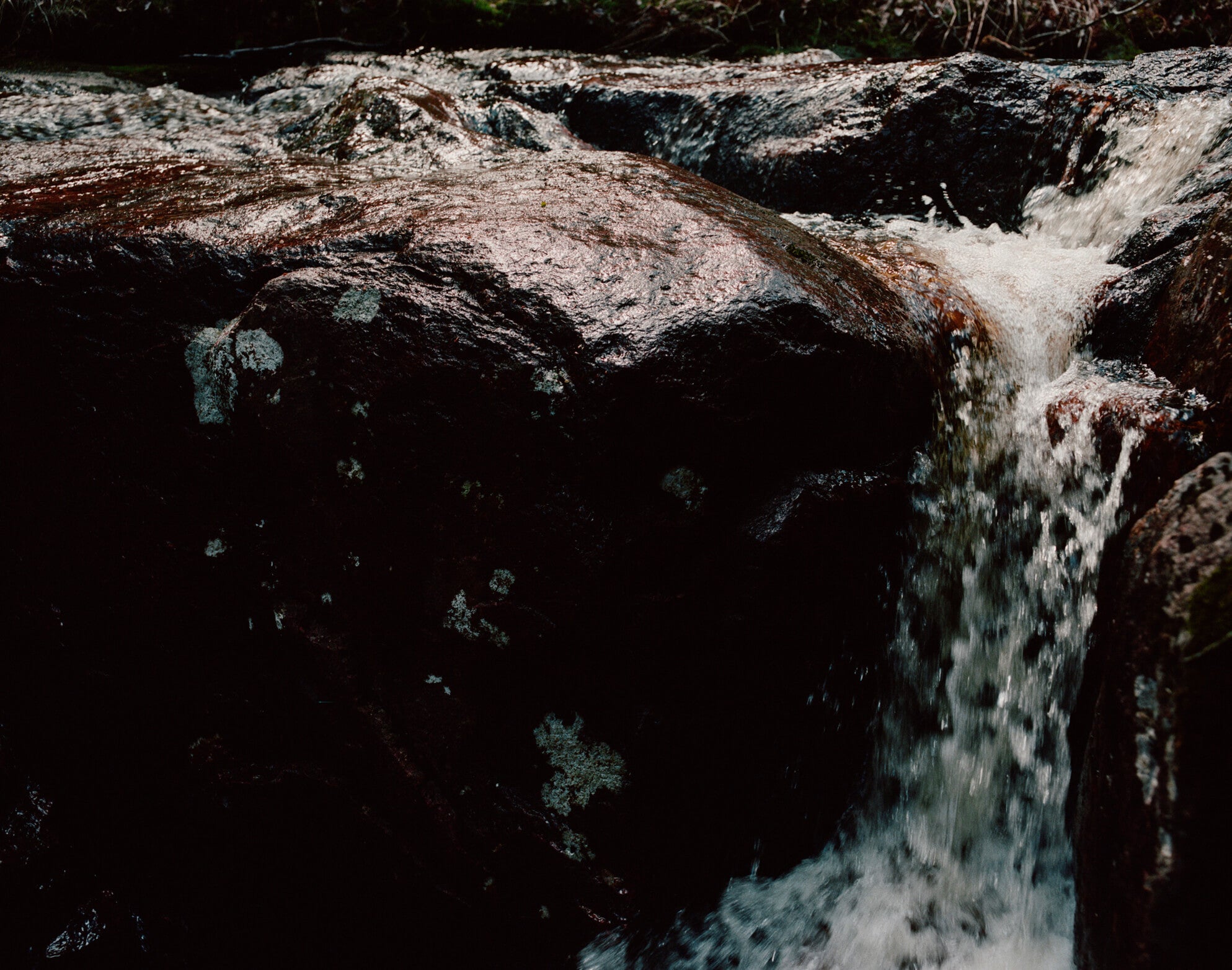
Animal Welfare
We believe in treating animals with respect and compassion
We are committed to never using materials that require the suffering or killing of animals, educating our community on the realities of the treatment of animals in fashion supply chains, and supporting the practice of forging farm-level relationships and allowing domesticated animals to live their full natural lifespans in comfort.
What We Know
Thanks to the commendable efforts of global campaigning organizations, the true horror of the treatment of animals in fashion supply chains has been brought to light for some time now. That includes ripping away the fur from live angora rabbits, live-plucking geese for down, inflating live snakes by pumping them with water in order to produce greater quantities of snakeskin leather, and the routine slaughter of animals once they’ve reached the end of their “useful” life.
Stat. 1
Between 420 billion to 1 trillion silkworms are killed annually to produce silk.
Stat. 2
Over 70% of all merino wool for the global clothing industry is produced in Australia and it is the only place in the world where mulesing still occurs.
Stat. 3
Most down is collected after slaughter, however there are still instances of live plucking.

What We Are Doing About It
We believe in treating animals with respect and compassion, and are committed to never using materials that require their suffering or killing. We do not use animal skins, silk, fur, or horn buttons in our collection. You can read more about the other animal-derived materials we have chosen not to use here, including virgin cashmere and down.
We source our wool from family farms across Australia and New Zealand, where we have had the privilege of building close relationships. We do not view our wool as a commodity, but as a gift to be treated with care and absolute minimal waste throughout its lifecycle.
White Gum
White Gum is an ethical, zero-slaughter farm operated by Nan Bray. Nan, a former marine physicist turned shepherdess in her retirement, takes a holistic approach to environmental management, creating a farm system that allows for her sheep to live out their full natural lives, in addition to avoiding all mulesing and tail docking. We view Nan’s farm as the gold standard in the industry and she has become a trusted consultant to Another Tomorrow. Nan is in the process of obtaining RWS certification and is currently certified under the NewMerino program.
Barega
Barega is an RWS-certified farm owned and operated by Chris and Shelley Saunders. Shelley, a former nurse, brings an incredibly compassionate approach to her treatment of the animals. Their practices go above and beyond the RWS-standard requirements by avoiding the practice of tail docking and utilizing cover-combs when shearing. Cover combs are a gentler approach to shearing that leave two to three weeks of wool growth behind and avoid skin damage, providing extra protection to the sheep after shearing.
Woodside
Woodside is an RWS-certified farm owned and operated by Matt and Maria Crawford. The Crawford Family views the comfort of their sheep as a number one priority and have banned the cruel practice of mulesing. Opting for science-based farming practices, they have strengthened their land over the last two generations by using methods like planting deep rooted perennials to benefit the soil, rotating flocks to suitable pastures, and using cover crops.
Lake Hawea Station
Lake Hawea Station is the first carbon positive farm in New Zealand owned and operated by Geoff and Jussie Ross. The farm does not allow mulesing and adheres to ZQRX standards, ensuring a holistic approach to raising sheep compassionately and regeneratively. Attention to soil nutrition, conservation of biodiversity, commitment to regenerative farming, and use of renewable energy are just a few ways the farm goes beyond zero carbon and captures 2.5 times the amount of carbon emitted. Some of these practices include extensive tree planting and growing alpine tussock, which is known for its ability to sequester carbon. Read more about Lake Hawea Station here.
Py-Aguazú (Paysandú, Uruguay)
Py-Guazú is an RWS-Certified and L2M regenerative farm owned and operated by Andrea Fraschini. As an ode to her late father, Andrea re-named her family farm to Py-Aguazú as a reminder to “be brave.” Having grown up with animals all her life, she describes her commitment and passion for them as instinctive. Her work fostering biodiversity on the land through crop rotations and supporting native vegetation keeps her sheep well fed and has visibly brought diverse wildlife to the area. Read more about Py-Guazú here.
La Cuchilla (Tacuarembó, Uruguay)
La Cuchilla is an RWS-Certified and L2M regenerative farm owned and operated by Juan Martin Monteverde. This mulesing-free farm cares for their native pastures by improving soils, sequestering carbon, and increasing biodiversity through crop and sheep rotations. Their goal is to honor their sheep at the highest level, ensuring they are always comfortable. They have created a system where a few of the sheep are able to live out their natural full lives. Read more about La Cuchilla here.

What We Can Do Better
Our goal is to source all of our wool from zero-slaughter wool-only operations. We have found that our initial approach, asking existing farm operations to change to this zero-slaughter system, is often inconsistent with maintaining the economic viability of the farm given meaningful financial consequences, particularly at a time of high meat prices and depressed wool prices. As a result, we are currently in the process of researching potential strategies which can scale and achieve our zero-slaughter goal.




















